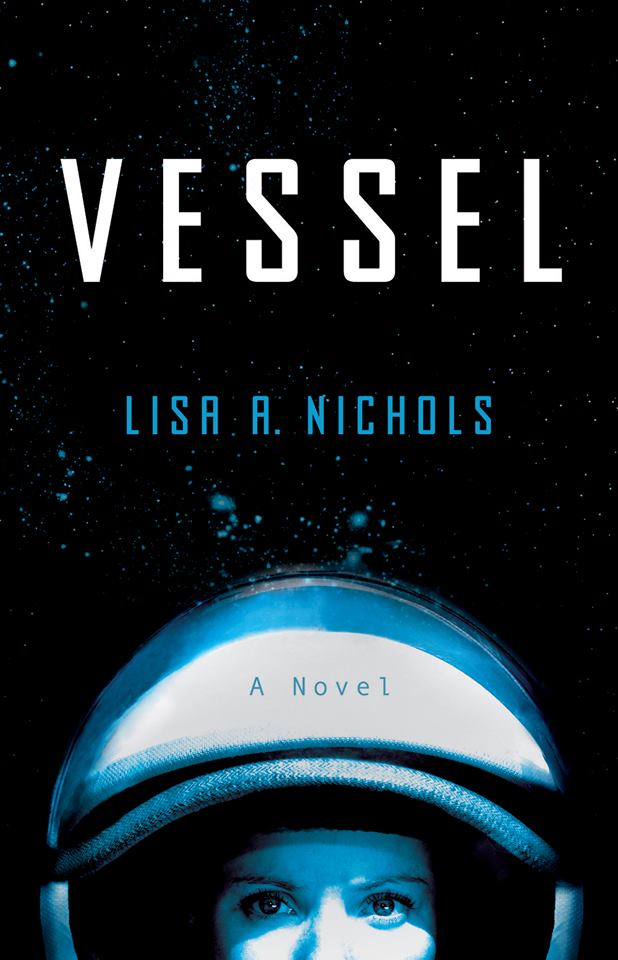The novel that I’m currently editing is my eighth. I’ve started more than eight, but eight of them survived to the first draft. Once I would’ve thought that by this point, I would have a pretty clear handle on the process of writing a novel. As my repeated attempts to get a handle on #9 have shown… I don’t. I didn’t realize just how many ways there are to tell a story. Having a plot is only the beginning. What do you show? What do you leave out? How do you show certain things? I came into writing #8 with a full outline–and I mean, a full, chapter by chapter, 20+ pages of outline–and I still struggled with how to make some things happen.
What I’m coming to learn is that every story has different requirements. And even beyond that, you can have the exact same set of characters, the exact same incidents, and still tell a very different story with them depending on what you focus on. Novel #9 started out in my brain as a romantic suspense novel like my first two books, The Farther I Fall and As Lost as I Get. As my focus as a writer has shifted, the story has too. Now I’m trying to write it as a more straightforward thriller with some sci-fi elements. I had written probably about the first third of this book before my current project fell into my lap, and going back over it, it’s remarkable how much of that first draft I can’t use for the new version. Do those same things happen in the new version? Yeah, most of them do, but they’re not the point anymore.
A lot of that first third was spent creating a spark between my two main characters initially, in addition to spelling out the problem they were going to have to solve. Now, the relationship between them (which will still exist in the new version) isn’t the point anymore. Focusing on the problem, and the danger, that they’re in, is. It’s like filming a movie and deciding where your camera is pointed for any given scene. Some of the same scenes will happen, but my ‘camera’ has to be pointed elsewhere. Instead of lingering on how the main character’s hands are almost touching, I’ll, I don’t know, close-up on the menacing figure in the window, or something. (There’s no menacing figure in the scene I’m thinking of, but you get what I mean.)
The book that I’m editing has had a more intensive editing process than anything else I have ever written. It has changed enormously from the first draft (I’m on draft 4), and keeps changing as I keep tweaking little things, like where my camera is pointed. Or how I demonstrate what the main character is going through, which issue I focus on when. Because this has changed so substantially, it’s been a real masterclass in learning that, in a way, plot isn’t the point. Plot is just the beginning. The plot of this book hasn’t changed at all from the first draft, but everything around it has.
This is a big thing for me. ‘Plot’ was my boogeyman for a long time. It is for a lot of novice writers. I see it all the time in fanfic circles, people bemoaning about how to plot. The thing is, we breathe plot. Humans are natural storytellers, and beyond that, we ingest plot from the time we’re old enough to listen to our parents read us books, or watch something on TV. We know how plot works. It’s why we can predict what happens next, and why plot twists are so exciting. Maybe what I’m trying to say is that there’s a difference between plot and story. And we get that too, on an unconscious level. It’s like the difference between these two synopses of The Wizard of Oz. “A young girl and her dog whisked away by a tornado to the magical land of Oz, where she meets three new friends who go with her to see the Wizard of Oz, who can send the girl home and grant her friends’ wishes.” Compare that to the now-infamous blurb written by Rick Polito, “Transported to a surreal landscape, a young girl kills the first person she meets and then teams up with three strangers to kill again.” Same plot, very different story.
Writing a novel is less about the plot and more about the story. I keep having to look at my original plans for #9 and ask myself, what story am I telling with this plot? Am I writing about how a group of women undermine a secret government program to save other women? Or am I writing about how one woman tries to rediscover who she is after years of trauma? The answer is somewhere in the middle. But until I get a firm grasp on my focus, plotting out the basic incidents is going to be difficult. That’s often what first drafts are for–you just kind of throw everything at the wall and see what sort of story you can pull out of it. Me, I’m too lazy to do that, so I’m trying to figure out the story first. ?
So each time I sit down to start a new novel, it’s like doing it for the first time all over again, from a process perspective. Yes, I have the accumulated knowledge of the books that came before (and oh god, do I ever learn something new with each and every book), but none of those books are this book, so I kind of have to start from scratch. And the more books I write, the more convinced I am that it’s a miracle that anybody ever manages to write any book, ever.


